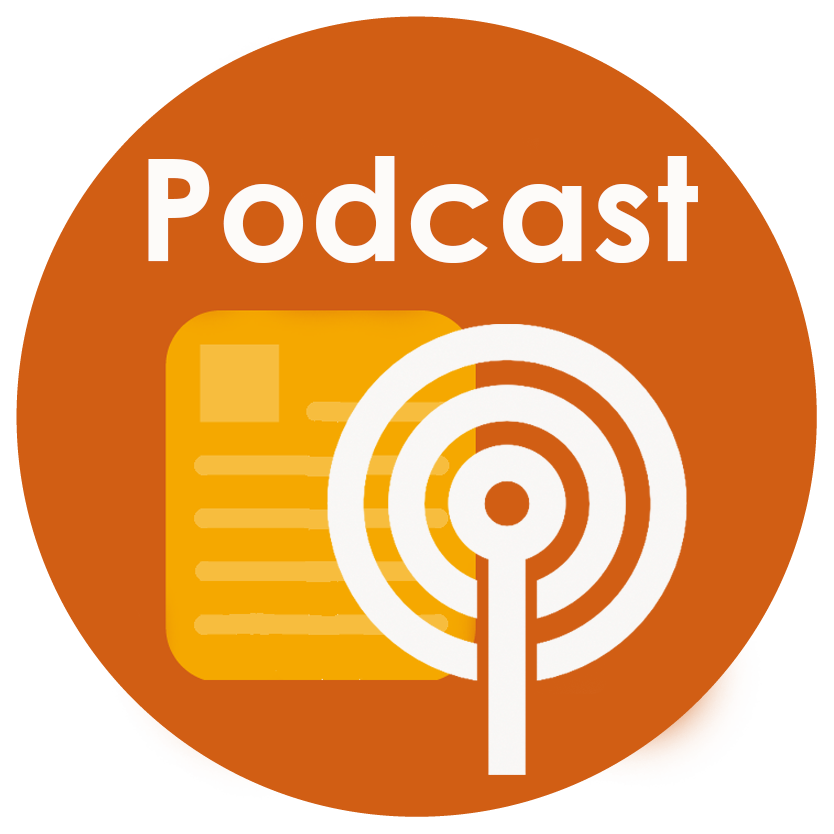
Volume XLII, No. 47 | December 10, 2020
Building a Classroom Culture of Gratitude
The problem with great ideas is finding the time to learn about them and implement them in the classroom. But building a culture of gratitude in the classroom can be done little by little each day, in less time than you will spend reading this article!
I teach Massage Therapy at GateWay Community College, which is part of the Maricopa Community Colleges. Three years ago, a high school program we partner with asked me to teach Massage Therapy to high school seniors. I was advised to create and adhere to a very strict and lengthy set of rules to ensure the safety of all of the students and the success of the program. I decided to make empathy a cornerstone of these rules. I often refer to soft skills as hard skills because they are hard to teach and hard to learn. But they are the skills that I see most often absent in my students and in our world. Employers often tell me that soft skills are what they want and need, even over the technical skills needed for a trade.
To teach empathy, I start every class by asking my students, “What are you grateful for today?” I listen patiently and attentively to each answer. I never judge students based on their answers; I simply listen, along with the class, to their expressions of gratitude. Once they are done, I respond with a little supportive humor or by simply repeating back what they expressed. I do this every single day of class without exception.
The reason this is such a daring exercise is twofold: It takes a lot of time, and it requires a lot of vulnerability on the part of the instructor. For the past three years, I have committed ten percent of class time to this gratitude exercise and have had no incidences of class disruption or of students acting out. Instead, I have been contacted by parents who say that the gratitude exercise has been brought home, and that they are now talking about what they are grateful for as a family over dinner.
Even with these results, some instructors may question dedicating that much time to what they view as a non-essential exercise. My response is to ask them how much time gets taken away from instruction because of just one difficult student or one incident in their class that snowballs?
This exercise also teaches students important public speaking skills. Instead of one or two public speaking projects a year that convince my introverts that they never want to speak in public again, we have a mini exercise each day in extemporaneous speaking. The introverted students get to set the pace. The first few times they give gratitude for their pen or their coffee to get the exercise over with quickly. But over time, they speak more and more until there is no difference between the introverts and extroverts. Best of all, the extroverts have to stay quiet, practicing patience and listening skills while the introverts and everyone else gets to speak.
This exercise gives instructors valuable insight into what is important to their students. Further, the exercise humanizes everyone. Someone might be grateful for their cat. And you might be a dog person, but you recognize that they feel the way about their cat that you do about your dog. That is empathy. Empathy leads to compassion.
When students become more comfortable with the exercise, they become more vulnerable. Several years ago, a former student shared that she had recently lost her father. She was given the choice to stay home from school for a while, but she said that being in the classroom made her feel comfortable. Isn’t that the sort of classroom we need to create – one where our students feel the most comfortable when they are struggling?
If you are willing to feel vulnerable and to dedicate the time, you too can create a space where students feel comfortable and valued.
Michael Tapscott, Senior Instructor, Massage Therapy
For more information, contact the author at GateWay Community College, michael.tapscott@gatewaycc.edu.



